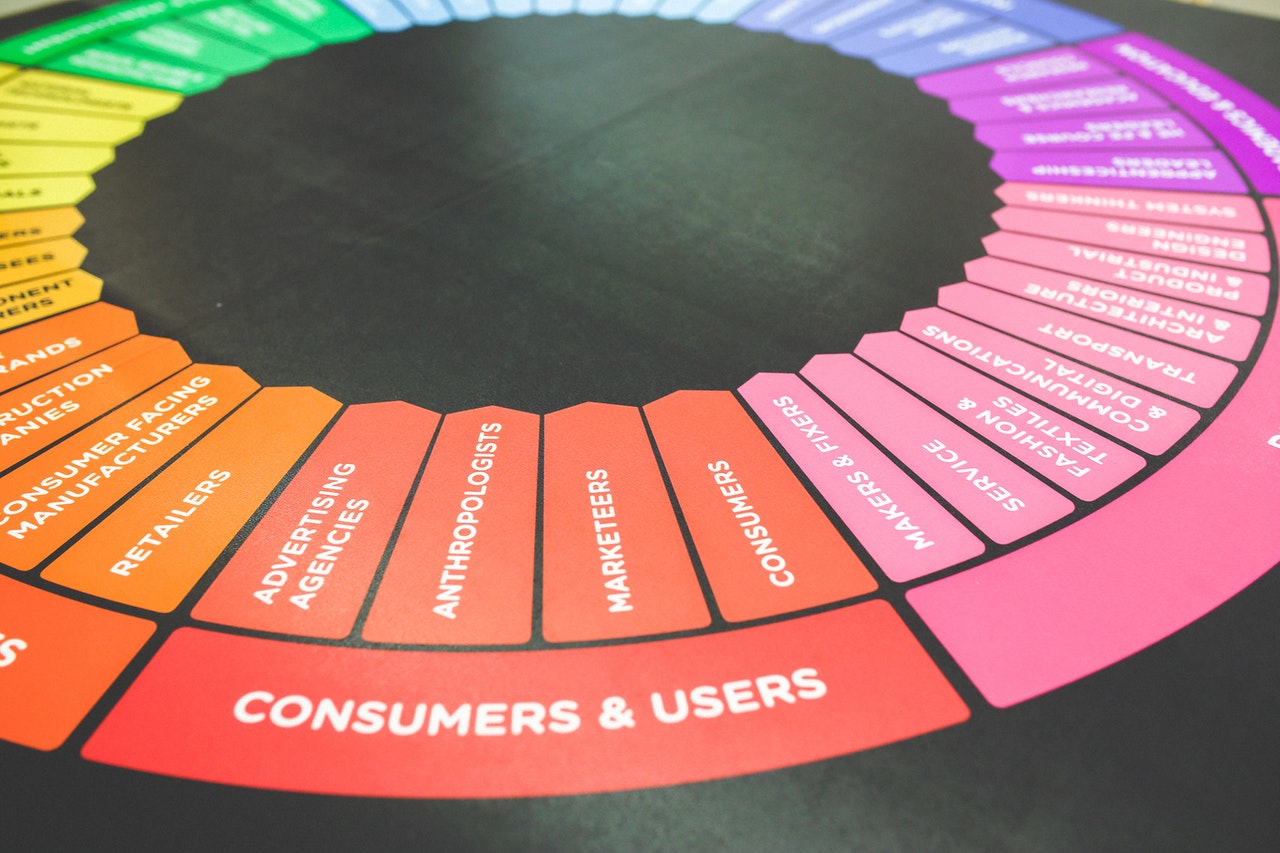Boredom triggers your brain’s most creative and restorative processes, yet modern life systematically eliminates every moment of mental downtime. Research from the University of Central Lancashire shows that people who engage in boring activities before creative tasks generate 41% more innovative ideas than those who jump straight into problem-solving mode.
1. Your Brain’s Default Mode Network Activates During Boredom
1.1 Creative Problem-Solving Enhancement
Boredom activates your brain’s default mode network, the neural system responsible for connecting disparate ideas and generating breakthrough insights. This network operates most effectively when your mind isn’t focused on external stimuli, allowing subconscious processing to reveal creative solutions that conscious effort couldn’t produce.
1.2 Memory Consolidation Process
During unstimulated moments, your brain reviews and organizes recent experiences, strengthening important memories while discarding irrelevant information. This consolidation process improves learning retention by up to 35% and helps you recognize patterns that weren’t obvious during initial experiences.
1.3 Future Planning and Goal Setting
The default mode network also engages in “prospective thinking,” mentally simulating future scenarios and potential outcomes. This unconscious planning process helps you prepare for challenges, identify opportunities, and align your actions with long-term objectives without conscious effort.
2. Emotional Regulation Improves Through Unstimulated Time
2.1 Stress Hormone Reduction
Boredom naturally lowers cortisol levels and reduces sympathetic nervous system activation, creating the physiological conditions necessary for emotional balance. People who regularly experience unstimulated time show 28% lower baseline stress levels compared to those who constantly seek external stimulation.
2.2 Emotional Processing and Integration
Quiet, understimulated moments allow your brain to process emotional experiences that accumulated throughout busy periods. This emotional integration prevents the buildup of unresolved feelings that can lead to anxiety, overwhelm, and decision paralysis in high-pressure situations.
2.3 Self-Awareness Development
Boredom forces you to turn attention inward, developing greater awareness of your thoughts, feelings, and motivations. This self-reflection strengthens emotional intelligence and helps you understand your authentic desires separate from external expectations and social pressures.
3. Innovation and Creative Breakthroughs Emerge from Mental Downtime
3.1 Divergent Thinking Activation
Unstimulated periods activate divergent thinking patterns, allowing your mind to explore multiple solutions simultaneously rather than following linear problem-solving approaches. Research shows that 65% of creative professionals report their best ideas occurring during mundane activities like walking, showering, or waiting.
3.2 Cross-Domain Connections
Boredom enables your brain to connect information from seemingly unrelated areas, creating novel combinations that lead to innovative solutions. These cross-domain connections explain why many scientific breakthroughs and artistic innovations happen during relaxed, unstimulated states rather than intense focused work.
3.3 Incubation Effect Maximization
The “incubation effect” describes how stepping away from challenging problems allows unconscious processing to continue working toward solutions. Boring activities create optimal conditions for incubation, leading to “eureka moments” that seem to appear spontaneously after mental breaks.
3.4 Originality and Uniqueness
People who regularly experience boredom develop more original thinking patterns because they’re not constantly influenced by external content and ideas. This independence from immediate stimulation allows authentic, unique perspectives to emerge naturally from internal reflection.
4. Mental Health Benefits Accumulate Through Regular Unstimulation
4.1 Anxiety and Depression Reduction
Regular periods of boredom reduce symptoms of anxiety and depression by providing natural breaks from stimulation that can overwhelm sensitive nervous systems. Studies indicate that people who spend 30 minutes daily in unstimulated states show 22% improvement in mood regulation.
4.2 Attention Restoration Process
Boredom serves as attention restoration therapy, allowing your brain’s executive functions to recover from the constant decision-making and focus required in stimulation-rich environments. This restoration improves concentration, reduces mental fatigue, and enhances cognitive performance for hours afterward.
4.3 Mindfulness and Present-Moment Awareness
Unstimulated time naturally develops mindfulness skills as you become more aware of immediate sensations, thoughts, and surroundings without external distractions. This present-moment awareness reduces rumination and worry while increasing life satisfaction and emotional stability.
5. Personal Identity and Values Clarification Occurs During Quiet Moments
5.1 Authentic Self-Discovery
Boredom removes external influences that shape your thoughts and behaviors, creating space for authentic self-expression and identity exploration. Without constant input from social media, entertainment, or busy activities, you can discover your genuine interests, values, and aspirations.
5.2 Life Purpose and Meaning Reflection
Quiet, unstimulated periods encourage reflection on deeper questions about life purpose, personal meaning, and value systems. This philosophical contemplation helps align daily actions with core beliefs and creates greater sense of fulfillment and direction.
5.3 Relationship and Social Perspective
Mental downtime allows you to process social interactions and relationships without immediate external pressures. This reflection improves relationship satisfaction, helps resolve conflicts, and develops deeper understanding of interpersonal dynamics.
6. Physical Health Improvements Result from Reduced Stimulation
6.1 Nervous System Regulation
Boredom activates your parasympathetic nervous system, the “rest and digest” mode that promotes healing, recovery, and optimal organ function. Regular activation of this system through unstimulated time improves immune function, digestion, and cardiovascular health.
6.2 Sleep Quality Enhancement
People who regularly experience boredom during waking hours show improved sleep quality because their brains learn to transition into restful states more easily. Constant stimulation creates hypervigilance that interferes with natural sleep cycles and recovery processes.
6.3 Cortisol Balance and Hormonal Health
Unstimulated periods help regulate cortisol rhythms and support healthy hormone production. Chronic stimulation disrupts these natural cycles, leading to fatigue, mood instability, and metabolic dysfunction that regular boredom can help prevent.
7. Practical Strategies for Embracing Productive Boredom
7.1 Digital Detox Periods
Schedule regular periods without phones, computers, or other digital devices to create genuine unstimulated time. Start with 15-20 minute sessions and gradually extend to longer periods as your comfort with boredom increases.
7.2 Monotonous Activity Integration
Incorporate boring activities like walking without music, sitting quietly, or engaging in repetitive tasks that don’t require intense concentration. These activities provide the mental space necessary for default mode network activation.
7.3 Waiting Time Optimization
Transform typically frustrating waiting periods—in lines, traffic, or appointments—into opportunities for mental rest rather than immediately reaching for entertainment or stimulation. These moments can become valuable thinking and reflection time.
7.4 Scheduled Reflection Sessions
Deliberately schedule time for unstimulated reflection, treating boredom as an essential activity rather than something to avoid. This intentional approach helps overcome cultural conditioning that views boredom as wasted time.
8. Conclusion
Boredom isn’t the enemy of productivity—it’s the foundation that makes sustained high performance and creative breakthroughs possible. By embracing unstimulated time, you allow your brain’s natural restoration and innovation processes to function optimally. The question isn’t whether you can afford to be bored in our busy world, but whether you can afford not to be. Your creativity, mental health, and authentic self-expression depend on protecting these precious moments of mental quiet.












